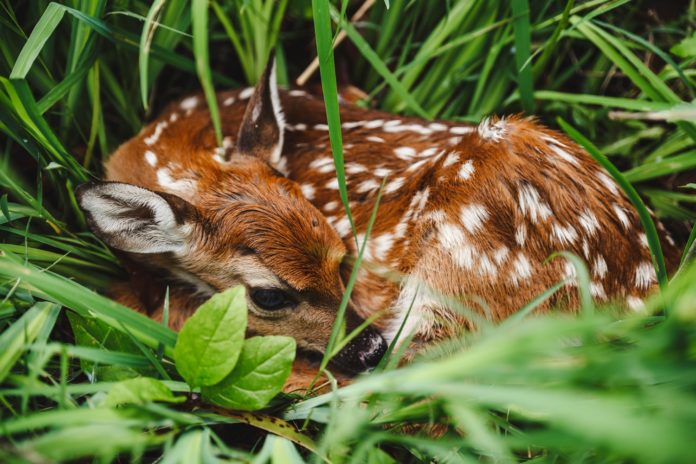Veterinarians in B.C. have identified a new disease as the suspected cause of death for over 60 deer on two Gulf Islands.
Adenovirus hemorrhagic disease (AHD) is the alleged cause, but a statement from the Ministry of Forests, Lands, Natural Resource Operations and Rural Development says more testing is needed to confirm the diagnosis.
The statement adds that there is no known risk to human health from this disease and there is no evidence to suggest it can be transmitted to humans. Research also indicates that the disease is not communicable to livestock or pets either.
But nonetheless, hunters in the area are “being advised not to consume meat from animals found dead, obviously ill or acting abnormally prior to death.”
The first of these 60+ dead deer were found on Galiano Island in September, after which samples from the animals were sent to Canadian and United States laboratories to confirm the cause of the disease.
Cases of AHD have been recorded in the western United States annually with outbreaks in some locations, and improved diagnostic tools have helped wildlife health experts recognize the disease more often.
While outbreaks of AHD are ongoing in California and Oregon, none have ever been recorded in B.C.
The Ministry says cervids (mule deer, white-tailed deer, elk, moose and caribou) are all susceptible to the disease, and members of the black-tailed deer family (including mule deer) appear to be most severely affected.
The course of the disease is rapid and usually fatal as the virus damages small blood vessels in the lungs and intestines. Fawns are far more susceptible to AHD than adults and suffer more fatalities in an outbreak.
Acute signs of the disease include difficulty breathing, foaming or drooling from the mouth, diarrhea (sometimes bloody) and seizures. More chronic symptoms include ulcers and abscesses in the mouth and throat.
Anyone who observes deer displaying these signs should report it to the Wildlife Health Laboratory at 250 751-7246.



